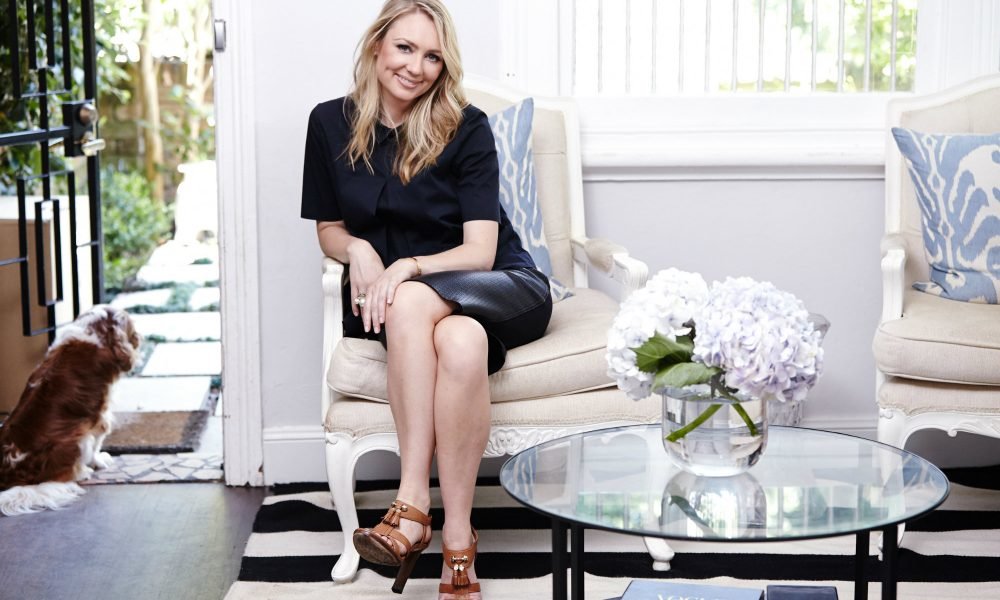
Financial Advisor Reveals Why Having an Emergency Fund is Vital to Your Financial Security

An emergency fund is a must and a basic need for a smooth-sailing life. However, for the majority of people, its actually easier said and done. In fact, it is almost a luxury for most people. This is because too many people live from paycheck to paycheck, especially in the current global economic scenario. Every payday invariably brings enough cash to pay off a score of bills waiting to be settled, so there is really not much left over for creature comforts, let alone extra to build an emergency fund with.

Canna Campbell (middle) at a Press Conference
Australian financial advisor Canna Campbell, however, insists and gives a rather compelling argument that an emergency fund should be at the top of your priorities. She also suggests having a clear delineation between your emergency fund and your other accounts, saying that it should be “treated differently” from your current and savings accounts. Campbell breaks down how much you should decide to have in your emergency fund by taking into account how much you make every payday or every month and then determining how much money you need to have to keep yourself out of debt if you ever lose your job. Additionally, you also need to consider situations like medical emergencies and housing damage, to name a few, and how much you need to immediately attend to these eventualities that may not be covered by insurance.
Campbell iterates that the important thing is to get started. You may have to forego a few luxuries here and there to get the extra cash, but the peace of mind is well worth it. So getting started as quickly as possible without jeopardizing your living expenses is a wise move. Here are a few more ways to get it done:
Credit cards don’t count.
Most people turn to the plastic during emergencies. This is an absolute no-no as this will only get you further and deeper into credit card debt. Your goal of being financially secure means that you pay off all your debt, credit cards included, not taking on more by relying on credit cards and loans to get you by when the going gets tough. So stop turning to credit cards as a quick-fix to solve your problems, but rather, start saving up the old-fashioned way.
Declutter and sell your junk.
 As you go through life, you are bound to pick up many things along the way that you do not actually need. These can be anything from clothing to home décor, electronic gadgets to random knick-knacks and trinkets. These will usually bring unsightly and often unwanted clutter to your life so that before you know it, you are neck-deep in junk. Thankfully, one person’s junk is another one’s treasure, so make the most out of this opportunity by rolling up your sleeves and sorting through the stuff that you no longer need or want. You can then organize a yard sale, or sell them online. It may not bring in ridiculous amounts of money, but it is still more than what you started with. This can then be a great foundation for that emergency fund.
As you go through life, you are bound to pick up many things along the way that you do not actually need. These can be anything from clothing to home décor, electronic gadgets to random knick-knacks and trinkets. These will usually bring unsightly and often unwanted clutter to your life so that before you know it, you are neck-deep in junk. Thankfully, one person’s junk is another one’s treasure, so make the most out of this opportunity by rolling up your sleeves and sorting through the stuff that you no longer need or want. You can then organize a yard sale, or sell them online. It may not bring in ridiculous amounts of money, but it is still more than what you started with. This can then be a great foundation for that emergency fund.
Save that extra windfall.
From time to time, you are likely to receive extra cash. This may be expected in the form of bonuses or refunds, or even gifts. Although your first impulse might be to spend it on something pretty or an extra indulgence, it is really a better idea to think twice and put it in your emergency fund instead. You will thank your lucky stars one day when it saves you from a dire situation.
Force yourself to save a little bit from every paycheck.
It may sound like a huge adjustment at first, but putting away a set amount of cash every month and making a habit out of it is still the best way to start building your emergency fund. The best part is it really doesn’t matter if you save $10 or $1,000—what matters is the act of saving and getting into the habit. After all, every dollar you save in your emergency fund is a dollar you can rely on in the future, and there’s really no better incentive than that.
More inFinancial Adviser
-
Why Is the Price of Beef Rising in 2024?
Grocery shopping has become a challenging task with prices consistently on the rise. You may recall the unexpected surge in egg...
June 18, 2024 -
Did Tyler Perry Buy BET? The Story Behind the Partnership
Did Tyler Perry buy BET? While the media mogul’s attempt to acquire BET captured headlines in 2023, the story took an...
June 10, 2024 -
Fun and Exciting Things to Do When You’re Bored With Friends
Ever feel that awkward silence creeping in during a hangout with your friends? Been there, done that! We all know the...
June 4, 2024 -
What Is Equity in Business? Here’s What You Need to know
When embarking on the journey of growing a business, it’s crucial to grasp the concept of equity. So, what is equity...
June 2, 2024 -
Here Are the Best Saving Money Challenge to Boost Your Bank Balance
Ever feel like saving money is a daunting task? Imagine turning it into a fun game or a friendly competition! This...
May 25, 2024 -
Is Cardi B Dominican? The Star Sets the Record Straight on Her Identity
In the vibrant world of social media, where every aspect of a celebrity’s life is scrutinized, Cardi B recently took a...
May 19, 2024 -
Why Is It Important to Reconcile Your Bank Statements? The Ultimate Guide
Why is it important to reconcile your bank statements? Many business owners view bank statement reconciliation as a tedious task. However,...
May 12, 2024 -
Unlock Free Trips By Paying Mortgage & Loans with Credit Cards
Making large payments wouldn’t have been easier if it weren’t for credit cards. The system ensures full safety and quick transfer....
May 2, 2024 -
Skimpflation: Is Luxury Losing Its Luster?
In the glamorous world of luxury, a quiet revolution is underway, and it goes by the name of ‘skimpflation.’ Imagine your...
April 26, 2024





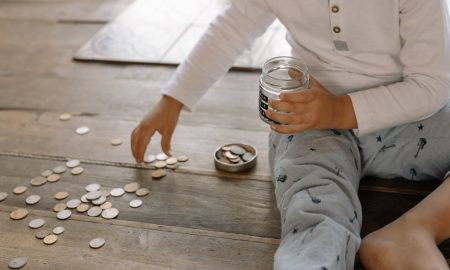


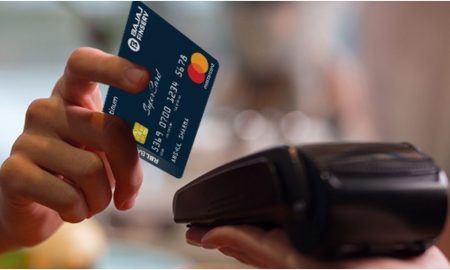

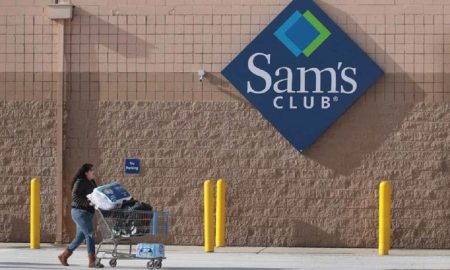


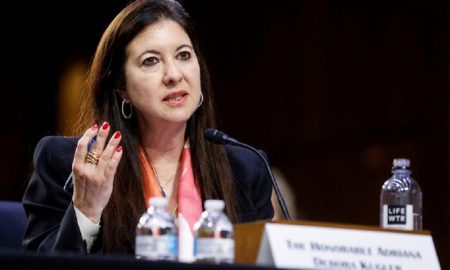

You must be logged in to post a comment Login